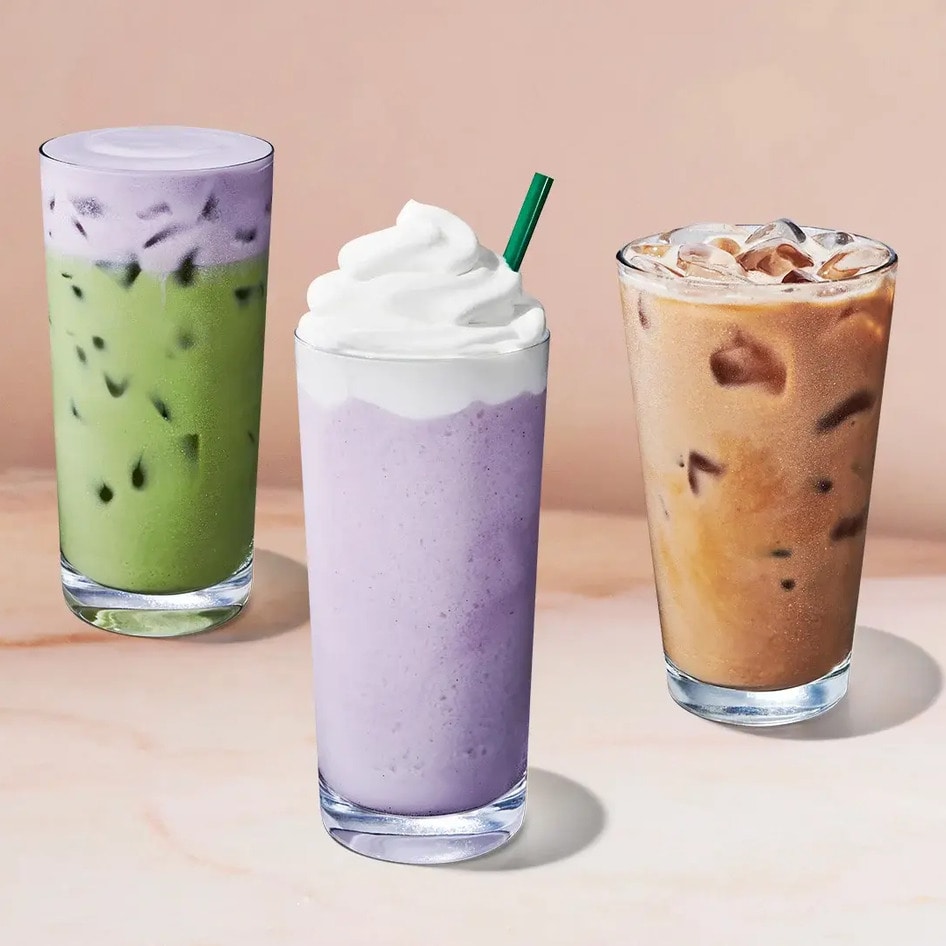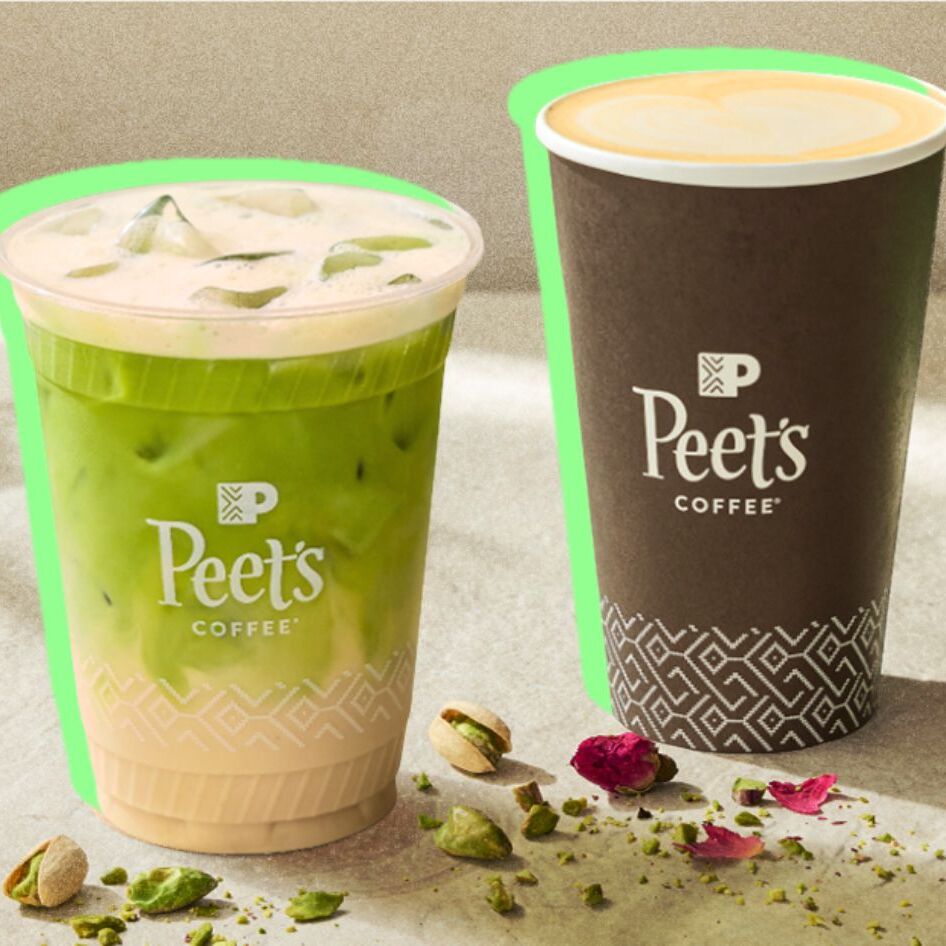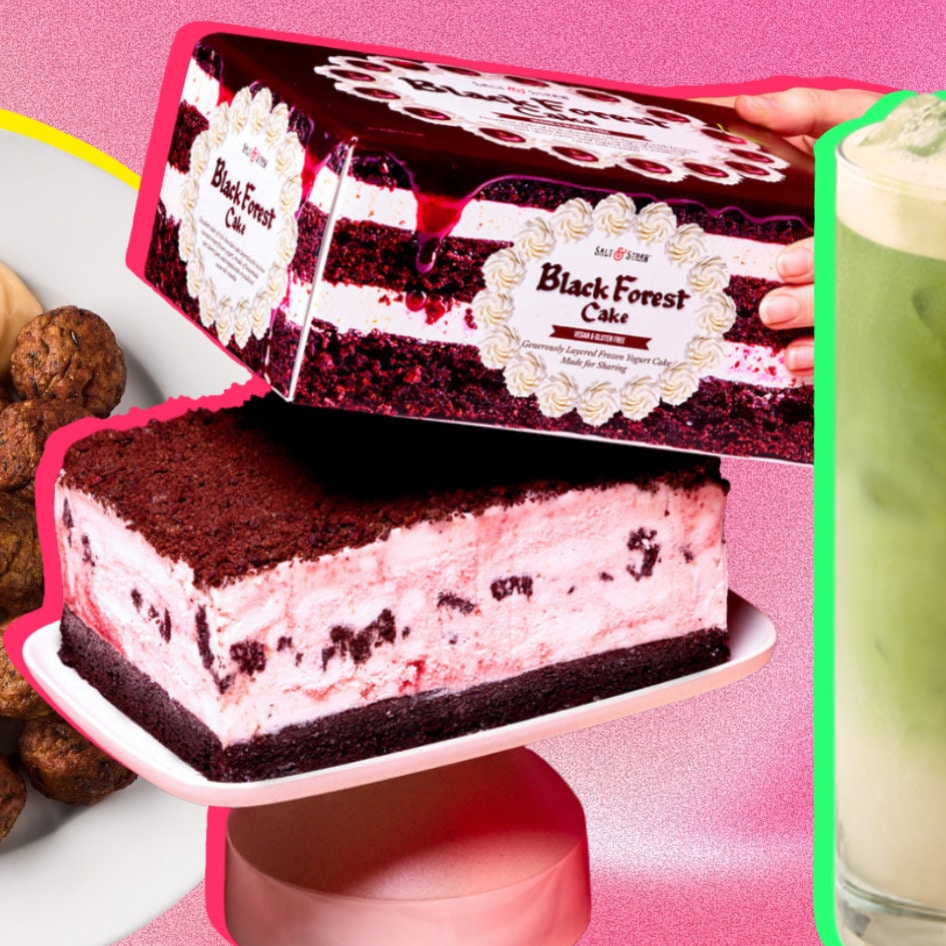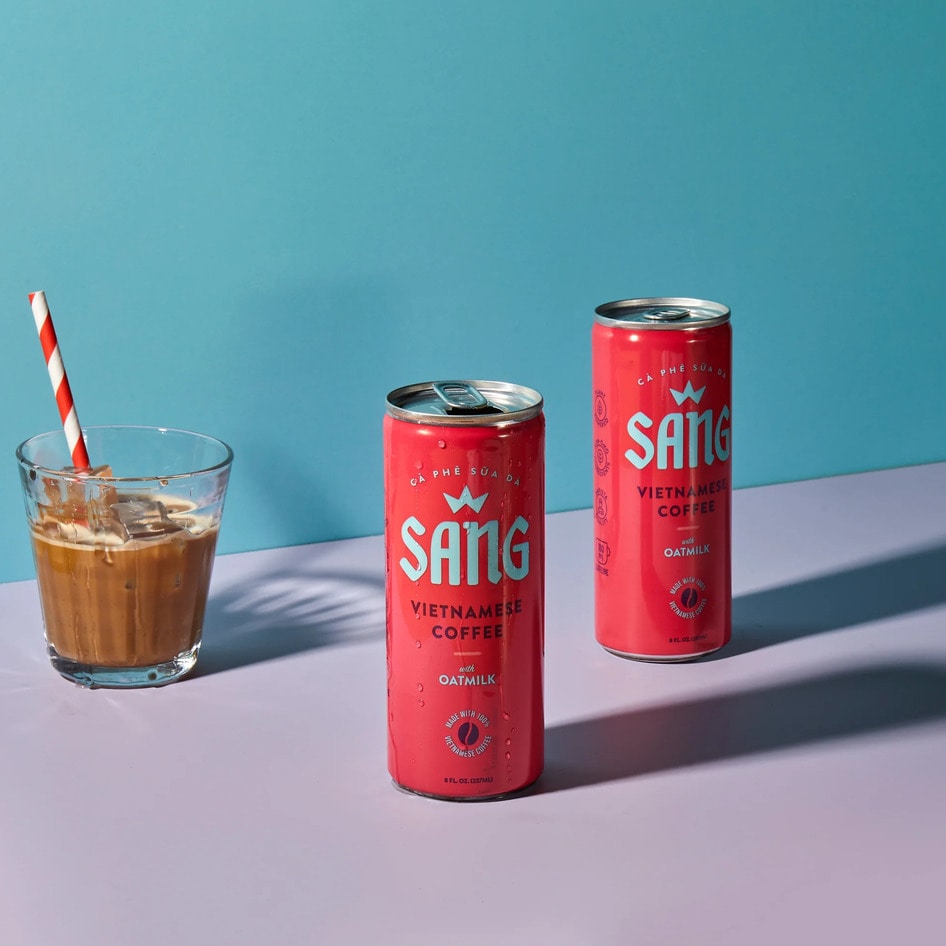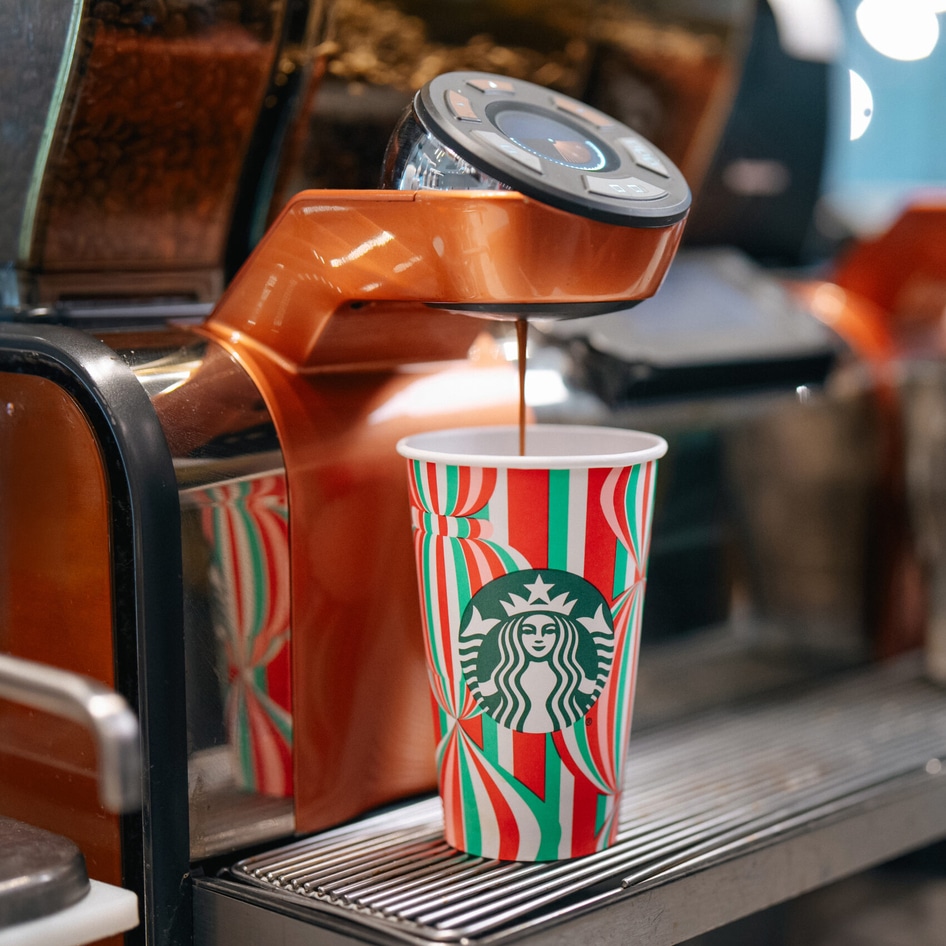By 2030, getting your favorite beverage at Starbucks might look a bit different. That’s because the coffeehouse giant is striving to balance environmental concerns with consumer demand and has turned its focus on the waste created by its single-use cups.
The company, which operates more than 35,000 outposts globally, is working on two fronts: developing reusable cups and improving the recyclability of disposable ones, the Associated Press reports.
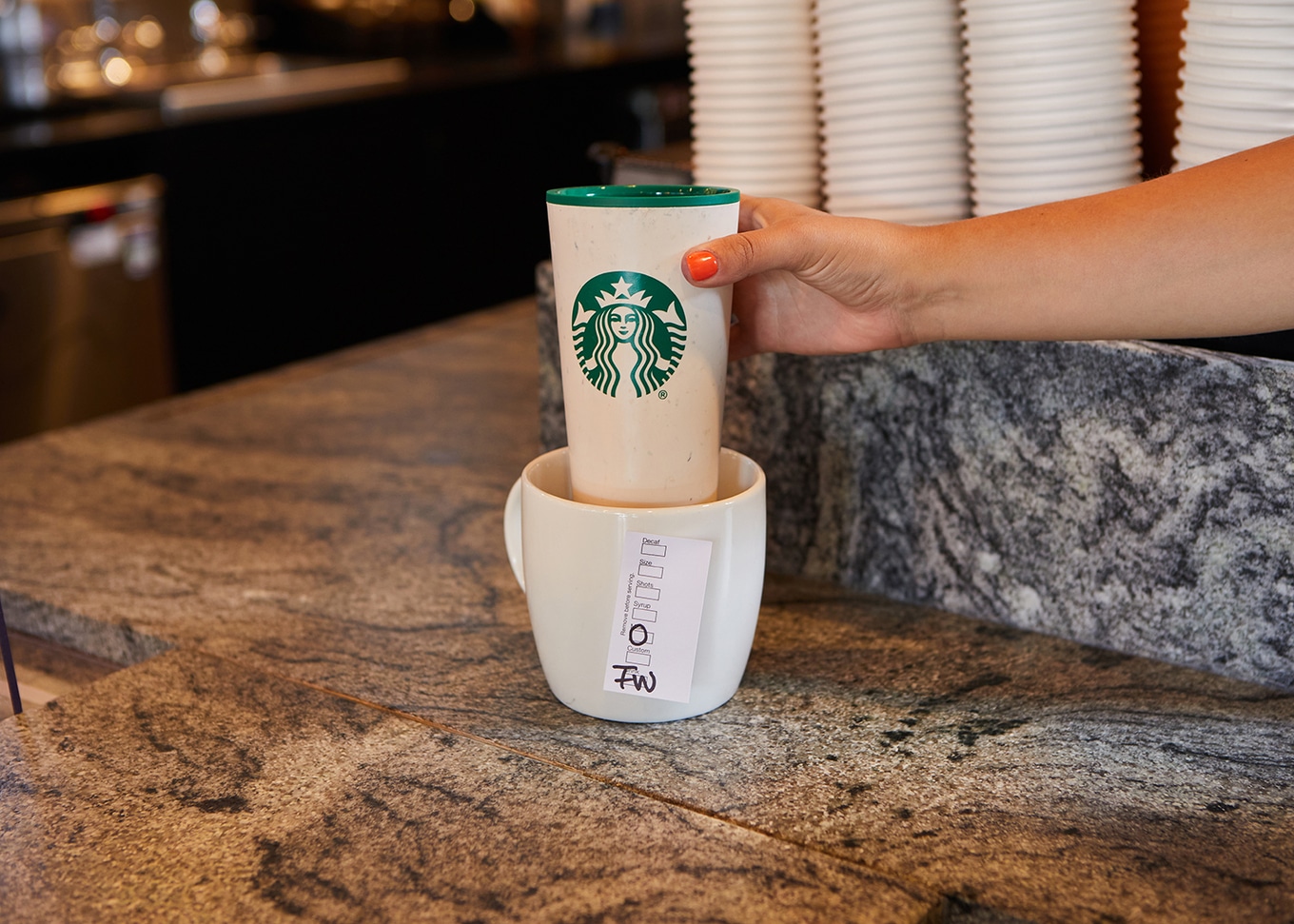 Starbucks
Starbucks
What does that look like? In a pilot at Arizona State University, Starbucks offers reusable plastic cups to customers, which are later washed and returned to the store. Any damaged or single-use cups are repurposed into return bins for reusable cups.
On the disposable front, Starbucks plans to introduce cups with 30 percent recycled material across all its stores in the United States by 2025. However, the company faces challenges such as the rigidity of recycled paper and the plastic lining inside cups.
Since July 2021, only 1.2 percent of the company’s global sales have come from reusable cups. This means that while Starbucks aims to cut its waste, water use, and carbon emissions by half by 2030, it has a long way to go to fully transition to reusables.
Ditching dairy to slash emissions
A focus on reusables is a step forward. However, the main driver of Starbucks’ carbon footprint, accounting for 21 percent, is dairy, a 2020 audit revealed.
Since then, the coffeehouse giant has made some strides and commitments to embrace vegan milk to improve its sustainability metrics globally, including introducing new products such as NotCo’s innovative vegan milk in South America; upcycled vegan desserts in Japan; and vegan meat food items in India.
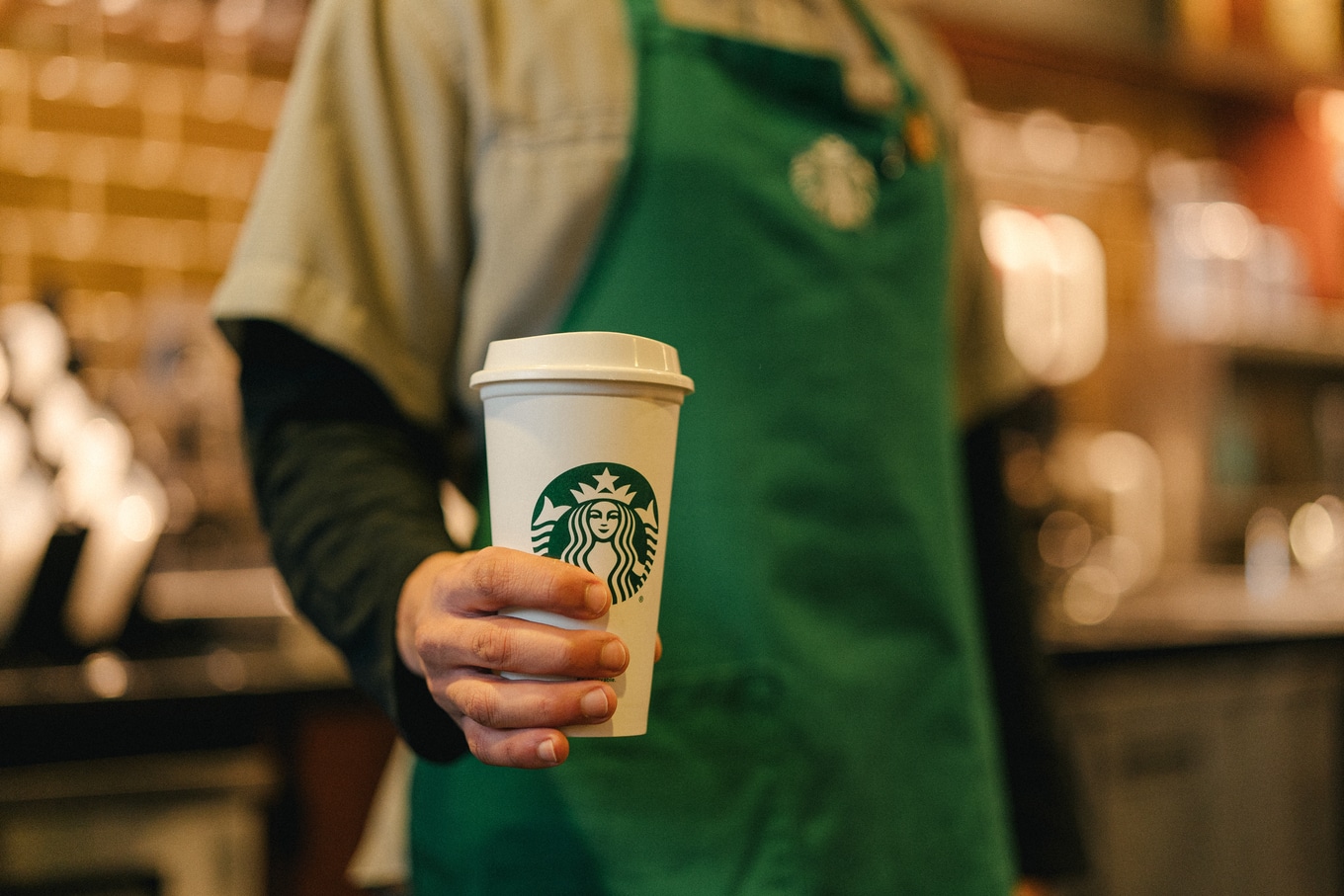 Starbucks
Starbucks
Starbucks also dropped its vegan milk surcharge at its stores in the United Kingdom, Germany, and France, alleviating a cost barrier for consumers looking to make a more climate-friendly milk choice.
However, it has yet to implement a similar change in its US outlets. Here, at 16,095 stores, Starbucks operates nearly half of its locations and charges up to $0.80 per beverage for vegan milk substitutions.
In light of the coffee giant’s commitment to shift toward more sustainable cups, animal-rights group People for the Ethical Treatment of Animals (PETA) is reviving its years-long call for Starbucks to ditch its vegan milk surcharge.
“Starbucks admits that the dairy in its drinks has a carbon footprint nearly four times bigger than its packaging, so if it wants to do more than pay lip service to sustainability, it’ll heed PETA’s calls to stop charging extra for eco-friendly vegan milks,” Ingrid Newkirk, PETA President, said in a statement.
“After all, paper cups may be disposable, but the lives of cows and their calves should not be,” Newkirk said.
In addition to PETA, a slew of celebrities have joined the protest to end Starbucks’ vegan milk surcharge in the US, including Alicia Silverstone, Sir Paul McCartney, and James Cromwell (who glued his hand to a Starbucks counter in NYC last year to protest the charge).
Starbucks, take note: Blue Bottle goes all in on oat milk
To inform its own strategy, Starbucks, the largest coffee company in the world, could look at how smaller competitors are focusing on plant-based milk programs to tamper their carbon footprints.
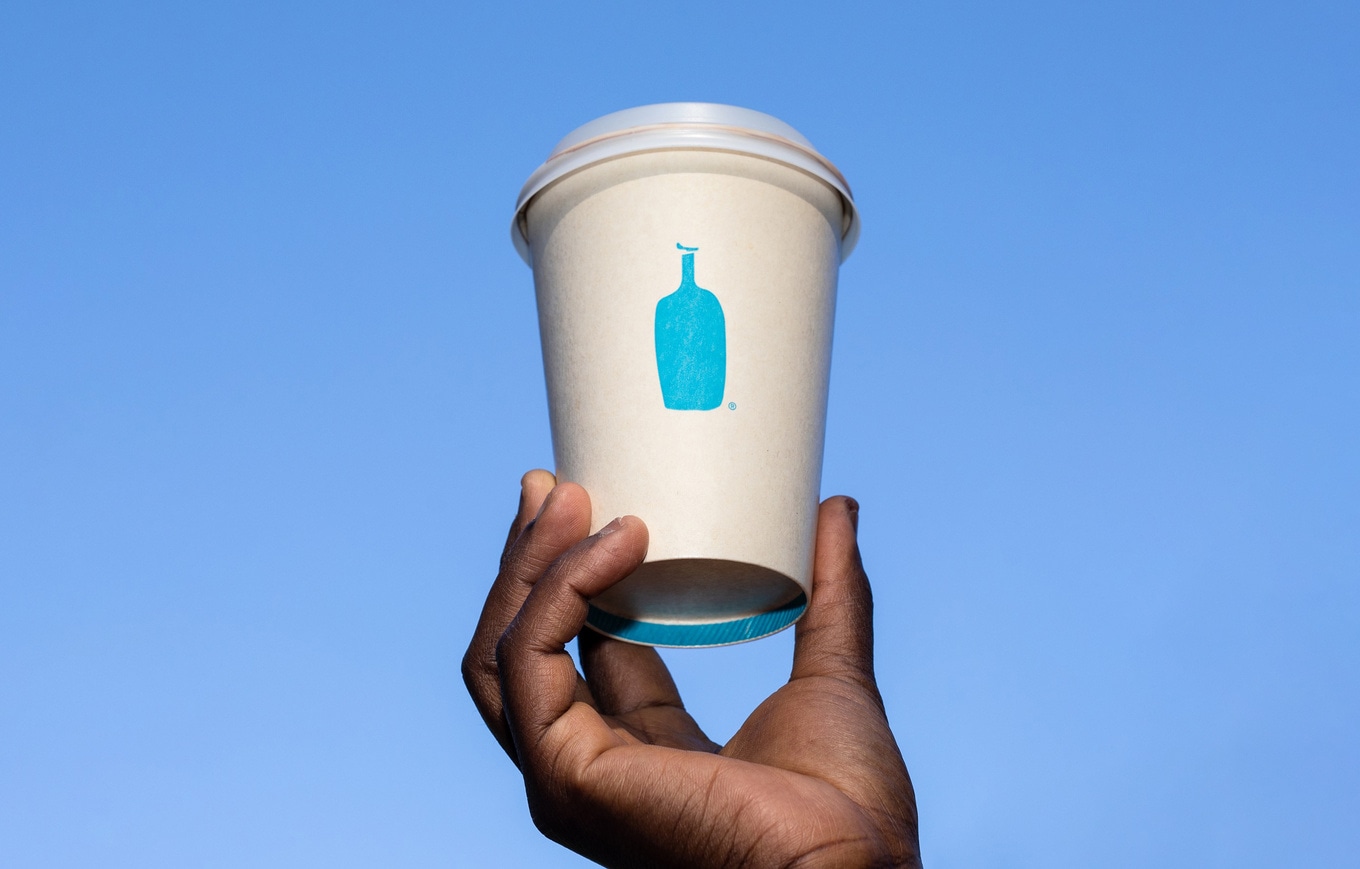 Blue Bottle Coffee
Blue Bottle Coffee
One example is California-based Blue Bottle Coffee. This month, the chain officially announced its ambitious roadmap to carbon neutrality by 2024. One significant strategy in its high-level roadmap involves leaning heavily on oat milk to reduce its carbon footprint.
Like Starbucks, Blue Bottle identified dairy as a leading contributor to its operation emissions in 2018. Since then, the company has transitioned to making oat milk the default milk offering in its US cafés. Additionally, it has eliminated the extra charge for oat milk in its cafés in Japan and Hong Kong. As a result, plant-based milk now constitutes the majority of the brand’s purchased milk, up from less than a quarter in 2018.
“Our fundamental belief in living a continuous improvement mindset throughout our business is what drives our combined focus on quality and sustainability,” Kester Whitaker, COO of Blue Bottle, said in a statement. “Reducing emissions intensity and serving guests incredible coffee experiences in an inspiring environment are absolutely compatible with this way of thinking.”
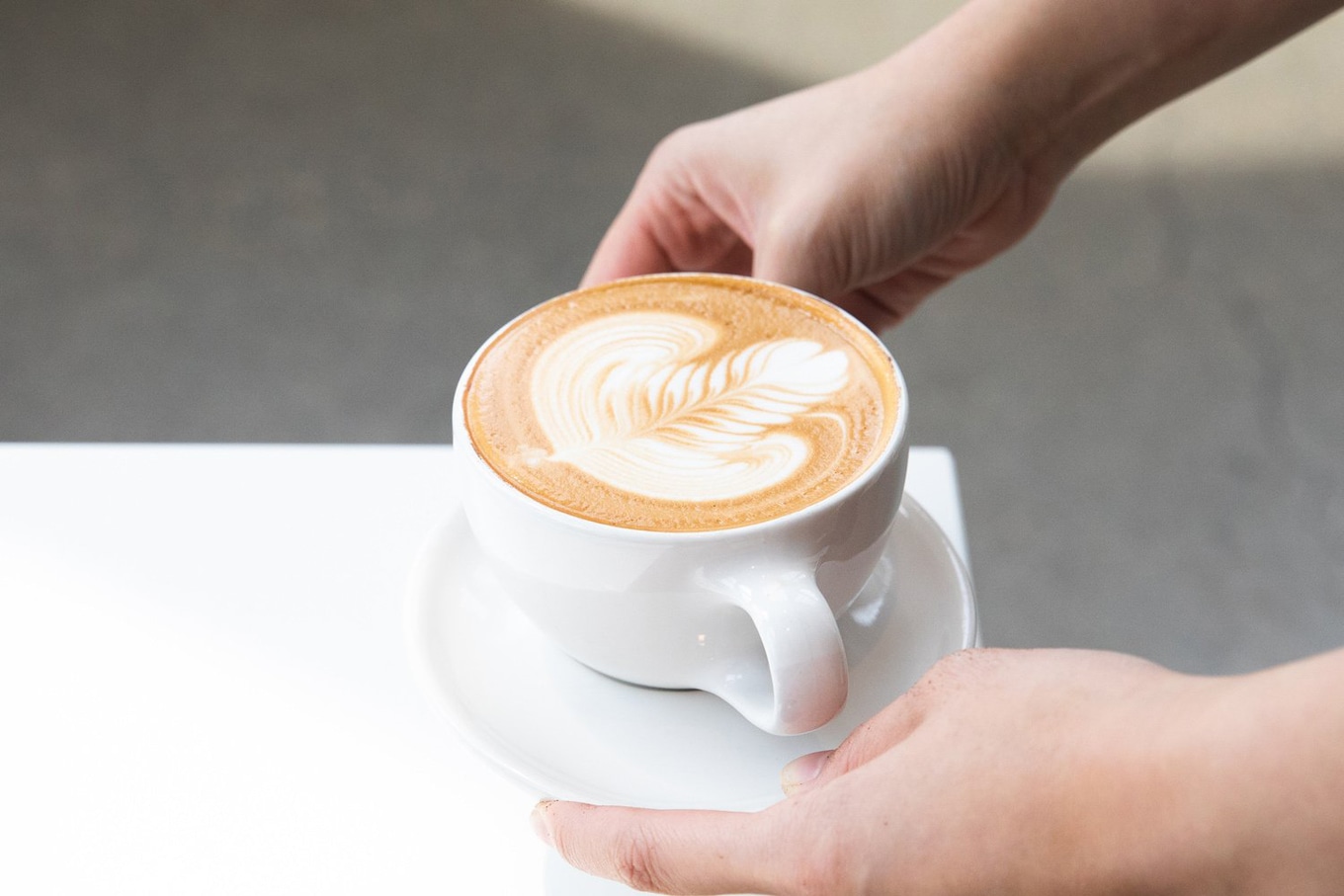 Blue Bottle Coffee
Blue Bottle Coffee
The move to oat milk aligns with Blue Bottle’s broader sustainability initiatives. The company’s overall plan aims for a 20-percent reduction in greenhouse gas emissions, based on a third-party-certified life cycle assessment. Other focus areas include reducing the risk of deforestation in green coffee sourcing and implementing flexible work models to cut down on commuting.
“The pursuit of the perfect cup of coffee will always be intertwined with the well-being of our planet,” Karl Strovink, CEO of Blue Bottle, said in a statement.
“Embracing sustainability isn’t just a choice; it’s imperative that Blue Bottle is part of the solution if we are to ensure the legacy of a delicious cup of coffee for generations to come,” Strovnik said.
For the latest vegan news, read:
JUMP TO ... Latest News | Recipes | Guides | Health | Subscribe



